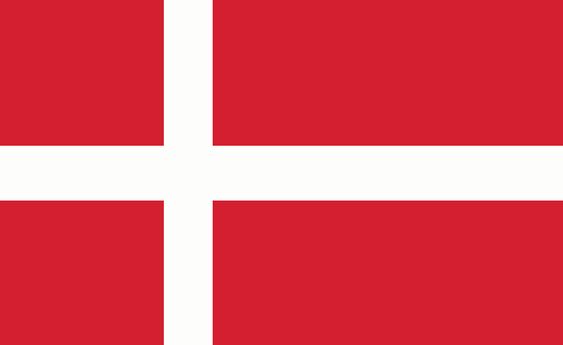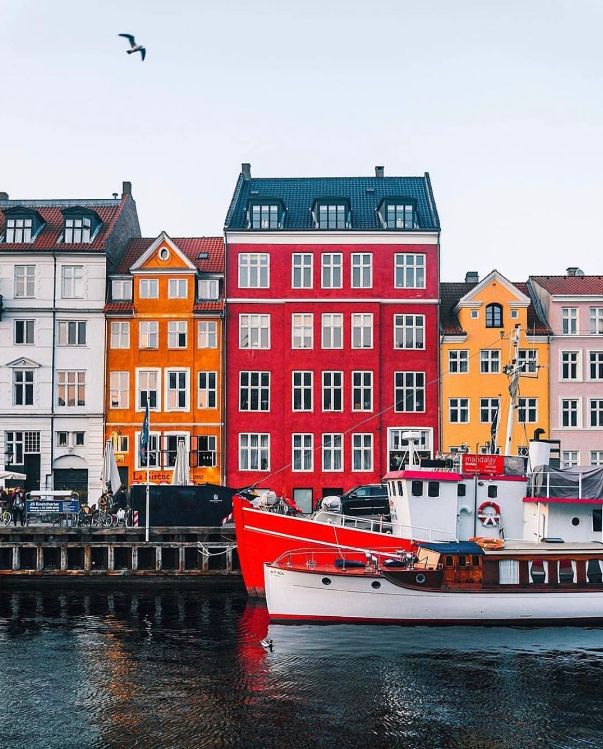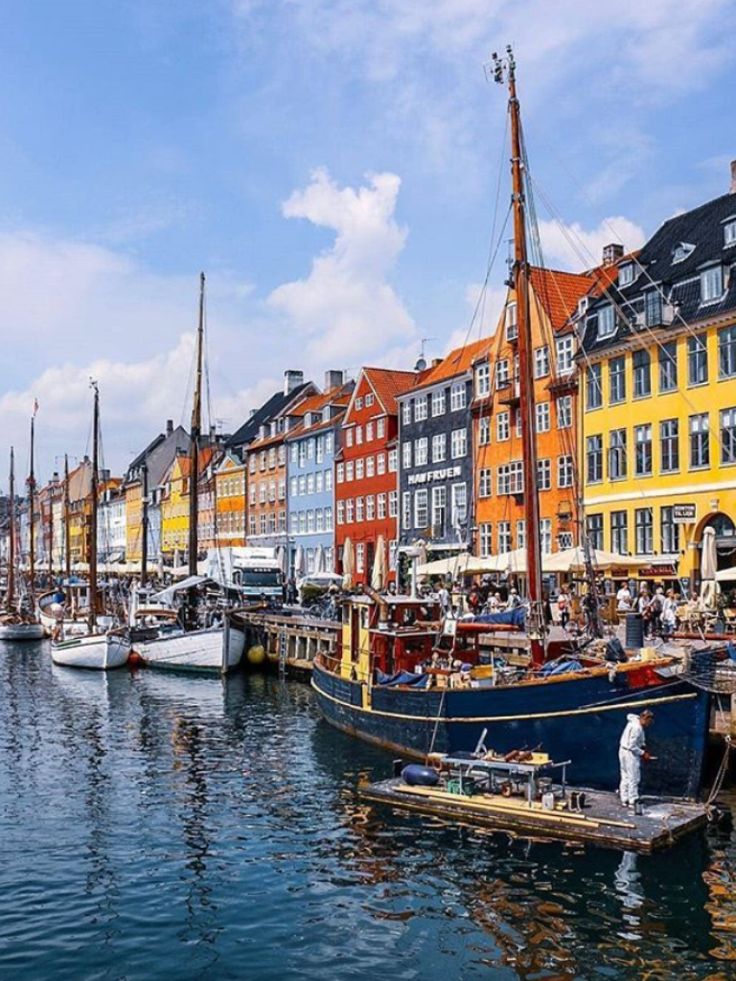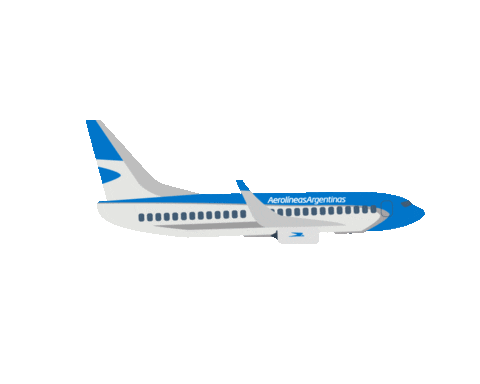
Study in Denmark: Your Path to Global Opportunities
Studying in Denmark is a smart choice for students from Nepal who want a great education and new experiences. Danish universities offer many programs in English and focus on developing creativity, problem-solving skills, and global thinking. This helps students get ready for jobs in a fast-changing world. Denmark’s focus on sustainability and innovation also gives students real-world knowledge to solve global challenges
.Life in Denmark is both exciting and comfortable. Students can enjoy the country’s rich history, explore castles, and join music festivals, while also benefiting from modern public services. With part-time work opportunities and a focus on student well-being, Denmark provides a balanced and supportive environment. Whether you’re into technology, business, or the arts, Denmark offers many ways to grow personally and professionally

Study in Denmark: Your Path to Global Opportunities
Cycling Culture in Copenhagen
Copenhagen is famous for its cycling-friendly lifestyle. Over half of the city’s residents commute by bike, and the city has more bicycles than cars!Oldest National Flag
Denmark’s flag, known as the Dannebrog, is the oldest national flag still in use, dating back to the 13th century.A Thousand-Year Monarchy
Denmark has one of the oldest continuous monarchies in the world, with a history spanning over 1,000 years.The Birthplace of Lego
Billund, Denmark, is home to the Lego company, founded in 1932. The city also hosts Legoland, a popular theme park built from Lego bricks.Rich Viking Heritage
Denmark has deep Viking roots. The Vikings, known for exploration and trade, originated from this region and played a significant role in shaping European history.Hundreds of Islands
Denmark isn’t just a mainland—it includes over 400 islands, though only about 70 of them are inhabited.World-Class Culinary Scene
Copenhagen is known for its Michelin-starred restaurants and focus on fresh, local ingredients, contributing to Denmark’s global reputation for innovative cuisine.Unique Language Quirks
The Danish language lacks a direct translation for the word “please.” Instead, politeness is expressed through tone and body language.
Study in Denmark: Your Path to Global Opportunities
1. High-Quality Education
Denmark is known for its excellent universities and top-tier academic programs. The country’s approach to education emphasizes creativity, critical thinking, and real-world problem-solving, preparing students for global careers.
2. Scholarship Opportunities
Denmark offers a range of scholarships and funding options to support international students. These financial aids help reduce the burden of tuition fees and living expenses, making education more accessible.
3. Safe and Welcoming Environment
Denmark consistently ranks among the safest countries globally. International students can expect a secure and supportive atmosphere, which helps them focus on their studies and well-being.
4. English-Taught Programs
Many Danish universities offer a wide array of English-taught programs. This eliminates language barriers and opens up Denmark’s education system to students from all over the world.
5. Innovative Teaching Methods
Danish universities adopt a student-centered approach to learning. Teaching focuses on interactive methods, practical application, and hands-on experience, fostering a dynamic and engaging classroom experience.
6. Quality of Life
Denmark is frequently ranked as one of the best countries for quality of life. With a focus on clean air, sustainability, and a balanced lifestyle, it offers students an ideal environment for both studying and living.
7. Cultural Diversity
Denmark’s cosmopolitan cities and international student community create a rich cultural experience. Students benefit from cultural exchanges and personal growth in a diverse environment.

8. Career Opportunities
Denmark boasts a strong economy and offers promising career opportunities for graduates, particularly in fields like technology, engineering, and healthcare. Many students also have access to internships and part-time work while studying.
9. Work-Life Balance
Denmark prioritizes work-life balance. Students can enjoy flexible schedules, ample vacation time, and a focus on overall well-being, which enhances both academic and personal life.
10. Global Perspective
Studying in Denmark provides students with a global outlook. The diverse student body and exposure to different perspectives prepare students for the interconnected world and a wide range of global career opportunities.
Visa and Academic Requirements for Nepali Students
To study in Denmark from Nepal, you need to meet certain academic and visa requirements:
Educational Qualifications:
- Completed Year 12 for undergraduate programs.
- Hold a four-year bachelor’s degree for master’s programs.
Language Proficiency:
- Private Universities: Accept IELTS or PTE.
- Public Universities: Only accept IELTS scores.
- For undergraduate programs: IELTS 6.0.
- For master’s programs: IELTS 6.5 (or equivalent TOEFL/CAE score).
Additional Requirements for Admission:
- A GPA of at least 2.75 is mandatory, with some universities requiring higher scores.
- Admission to a preparatory course may also involve meeting certain academic conditions.
Visa Documentation:
- Acceptance letter from a Danish institution.
- Proof of financial support.
- Valid health insurance.
English Language Proficiency
Danish universities prioritize English proficiency, especially for programs taught in English. Although no Danish language test is required for English-taught courses, high scores in IELTS, TOEFL, or CAE are necessary.
- Bachelor’s degree: Year 12 with 60% marks and IELTS 6.0.
- Master’s degree: A bachelor’s degree from a recognized institution with IELTS 6.5 or equivalent scores.

Document Checklist for a Student Visa to Denmark from Nepal
Before applying for a student visa to study in Denmark, it’s important to prepare all the necessary documents to ensure a smooth application process. Below is a complete list of required documents:
-
Passport
- A copy of all pages of your passport, including personal information and previous visas.
- Make sure your passport is valid for the entire duration of your stay in Denmark.
-
Academic Documents
- Transcripts, certificates, and diplomas from your previous studies.
- Any experience letter if you have a gap in your education history.
-
Proof of Sufficient Funds
- You must show proof of financial resources to cover your living expenses in Denmark, usually around DKK 6,500 per month.
- Bank statements, sponsorship letters, or scholarship confirmation can be used as evidence.
-
Acceptance Letter
- A formal acceptance letter from a recognized Danish university or educational institution.
-
Passport-Sized Photo
- Ensure the photo meets the biometric requirements specified by Danish authorities.
-
Police Clearance Report
- A criminal record certificate or police clearance report from your home country.
-
No Objection Certificate (NOC)
- Issued by the Ministry of Education or relevant authority in Nepal, allowing you to study abroad.
-
Receipt of Residence Permit Fee Payment
- You must pay the visa processing or residence permit fee and submit the payment receipt.
-
Biometric Data
- You will be required to provide biometric data (fingerprints and a digital photograph) at the Danish embassy or visa center.
Work and Career Opportunities for International Students in Denmark
Working While Studying in Denmark
As an international student in Denmark, you can work up to 20 hours per week during the semester and full-time during academic breaks. To do so, you will need a work permit sticker on your passport. If you didn’t apply for a work permit when you submitted your residence permit application, you can apply separately at the Danish Immigration Service.
Working After Studying in Denmark
Once you finish your studies at a Danish university, you can stay in Denmark for six months with your current residence permit. During this time, you can look for a job and work up to 20 hours per week. You are also allowed to work full-time during the summer months of June, July, and August, which provides a great opportunity to gain experience in your field while you search for permanent employment.
This flexible work arrangement allows you to support yourself financially while gaining valuable experience in the Danish job market, making it a significant advantage for international students. For more details on working while studying in Denmark.
Work and Career Opportunities for International Students in Denmark
Scholarships are crucial for helping international students achieve their academic goals in Denmark. Here are some key scholarship options available:
1. Danish Government Scholarships
The Danish government offers various scholarship programs aimed at supporting international students in higher education. These scholarships can help cover tuition fees, living expenses, and other educational costs. They are typically available for students from outside the EU/EEA.
2. University Scholarships
Many universities in Denmark provide scholarships based on academic merit, leadership potential, and other criteria. These scholarships can range from partial to full tuition waivers. Each university has its own application process and eligibility criteria, so it’s important to check their specific guidelines.
3. Danish Industry Foundation Scholarships
The Danish Industry Foundation offers scholarships and grants to students studying fields related to industry and innovation, such as engineering, technology, and entrepreneurship. These scholarships aim to foster the next generation of leaders in key sectors of the Danish economy.
Frequently Asked Questions (FAQs)
Tuition fees for Nepali students in Denmark range between DKK 50,000 to DKK 120,000 per year depending on the program and institution. Some programs may have higher fees, especially at private universities.
Scholarships like the SDU Danish Government Scholarship, Erasmus Mundus, and the Jeff Schell Scholarship provide opportunities to reduce tuition costs. Many universities also offer merit-based scholarships.
To apply for a student visa, you need an acceptance letter from a recognized Danish university, proof of sufficient funds, and valid health insurance. The application is submitted to the Danish embassy in Nepal.
Most Danish universities require an IELTS score of 6.5 to 7.0, depending on the program. Check individual university requirements for specific score details.
Yes, international students are allowed to work up to 20 hours per week during the semester and full-time during breaks. This helps with living expenses.
The cost of living in Denmark is approximately DKK 7,000 to DKK 10,000 per month, covering accommodation, food, and transportation. Major cities like Copenhagen may be more expensive.
Yes, some public universities, such as the University of Copenhagen and Aarhus University, offer tuition-free education for students from the EU/EEA but not for students from Nepal.
Students can find affordable housing through university dormitories or shared apartments. Websites like “Studiebolig” offer listings specifically for students.
Top universities include the University of Copenhagen, Aarhus University, and the Technical University of Denmark. These universities offer a wide range of programs in English.
Yes, numerous scholarships are available for Nepali students, such as the Erasmus Mundus and SDU Danish Government Scholarships. Make sure to research eligibility criteria and application deadlines.







